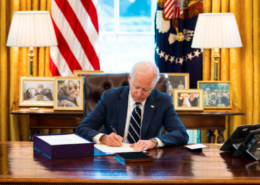Innovation Vouchers
Problem
Small businesses often do not have the resources to harness expertise in research and development. Meanwhile, scientific, technological and other research facilities are often looking for new projects. Funding the linkage between these two groups would lead to new opportunities for economic growth.
Solution
Assemblymember Buchwald is proposing to issue “Innovation Vouchers” to small businesses to acquire expertise from universities, national laboratories, or public research institutes. The goal of the program would be to connect research facilities to small businesses, helping create jobs and spur innovation.







